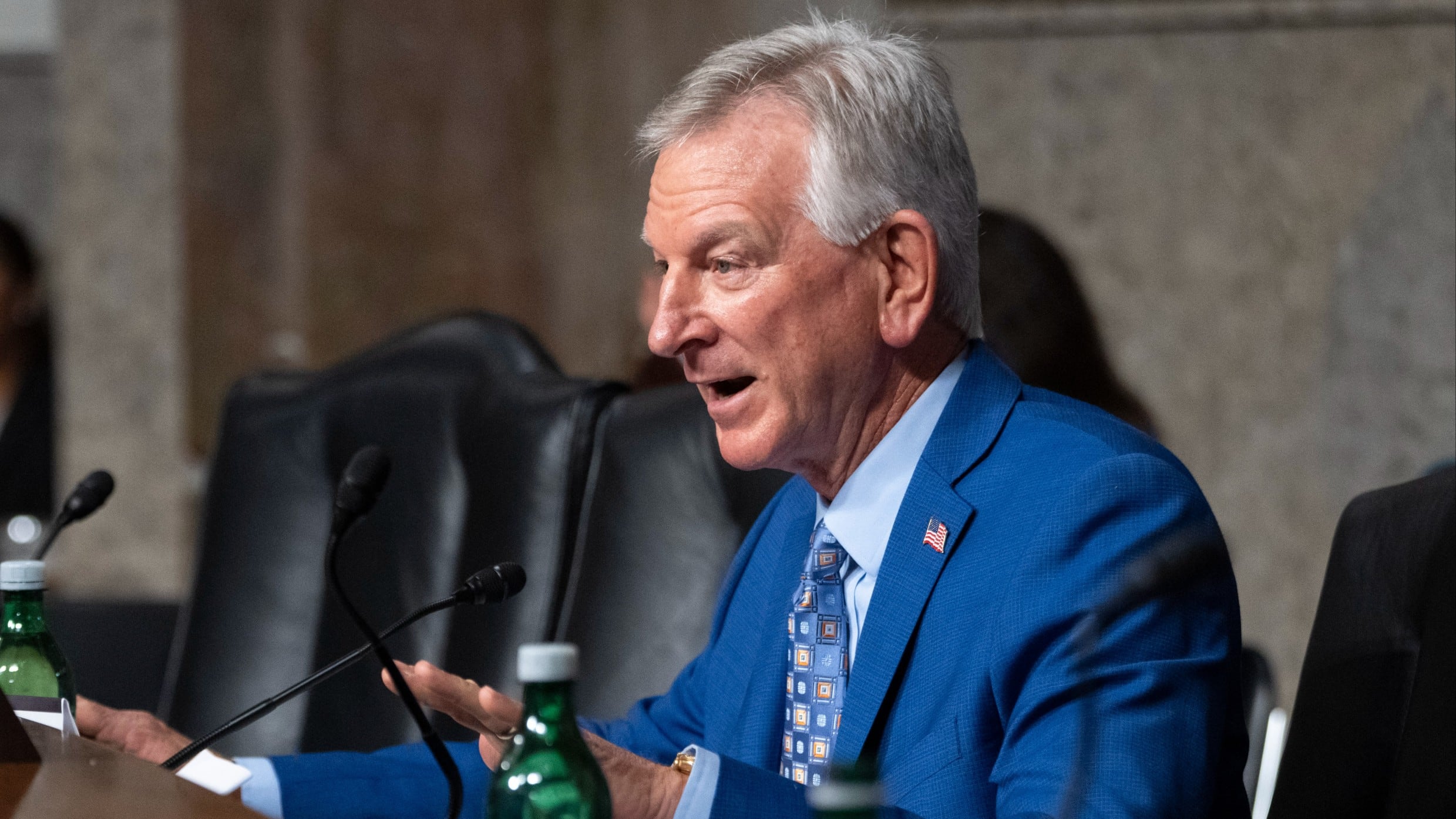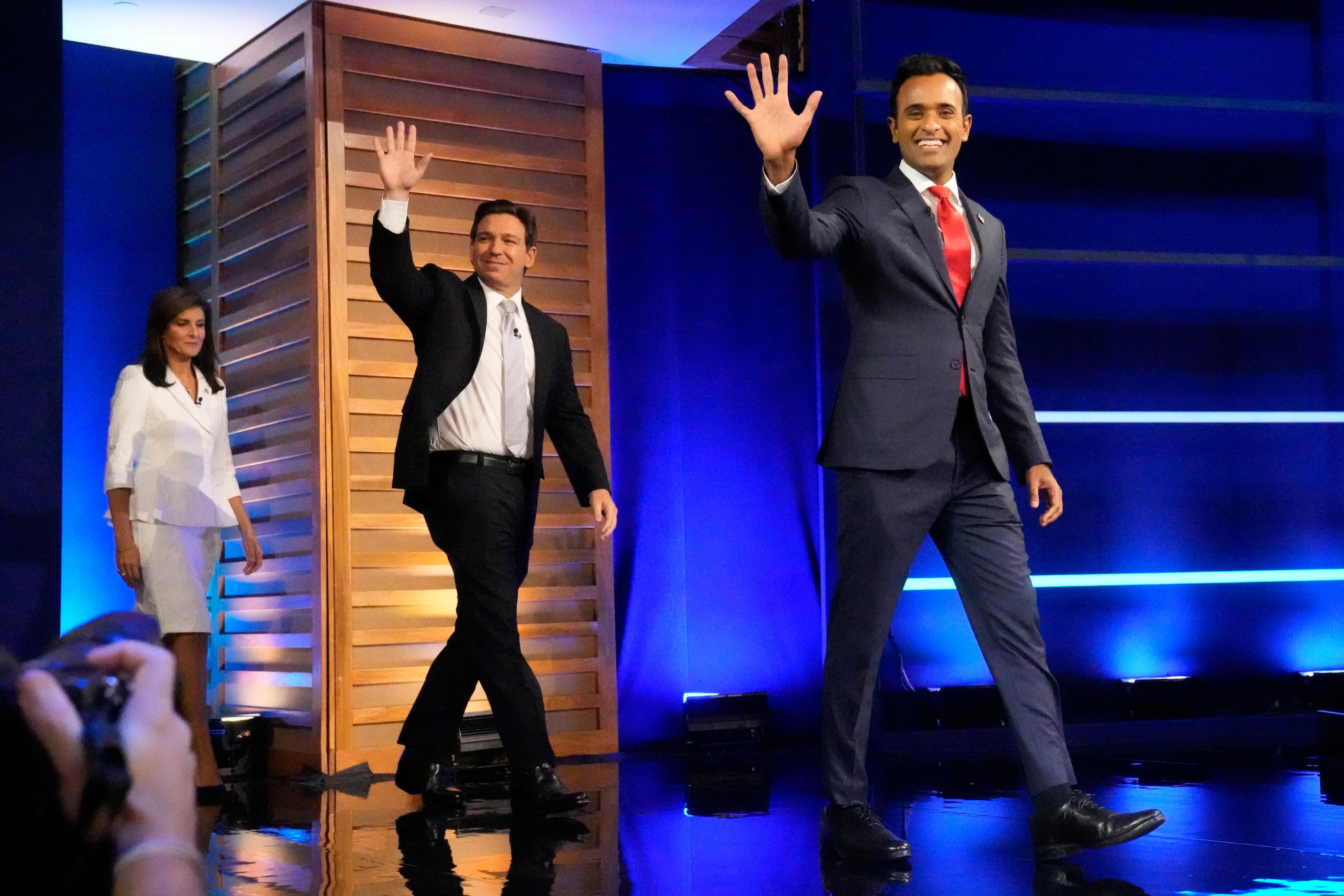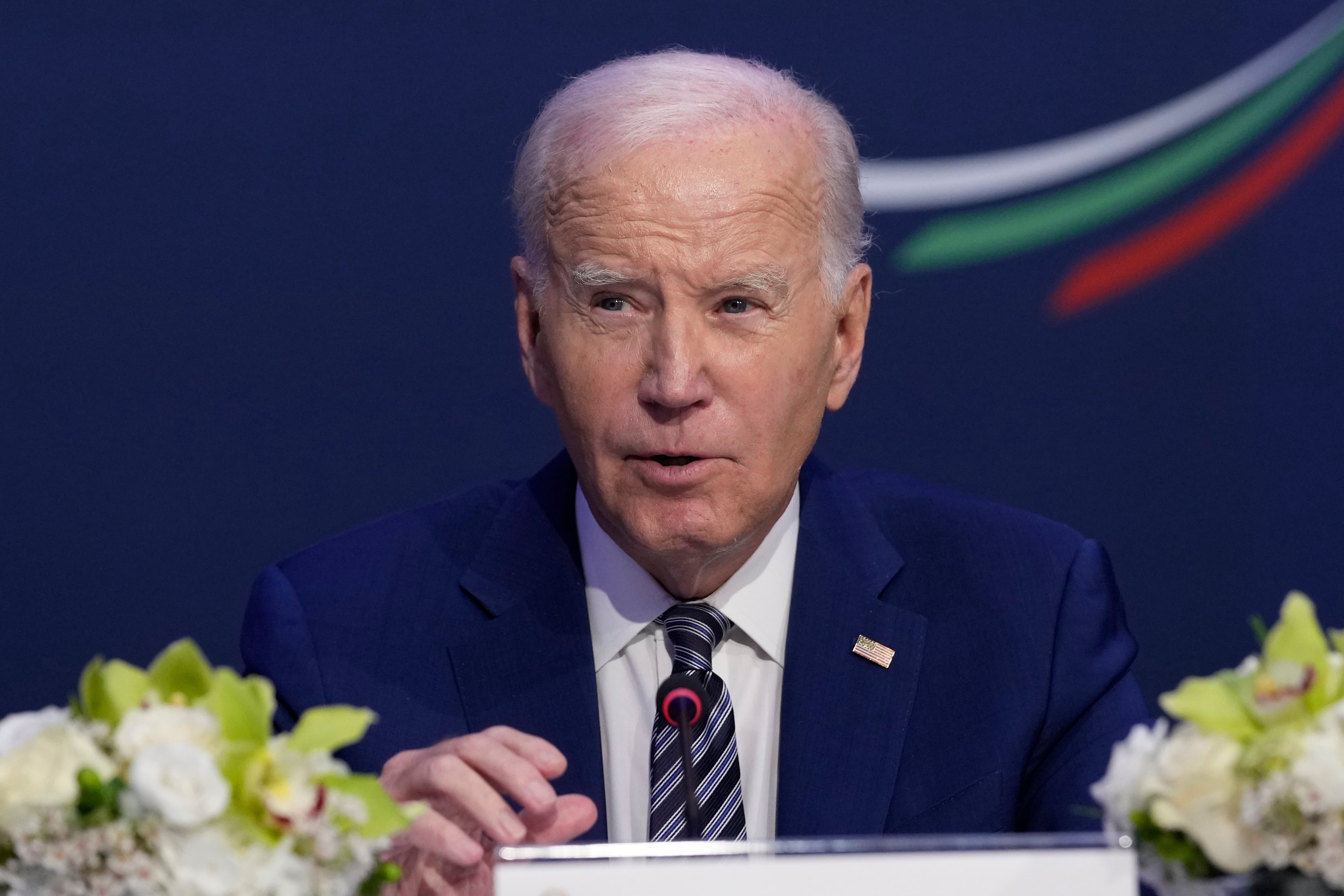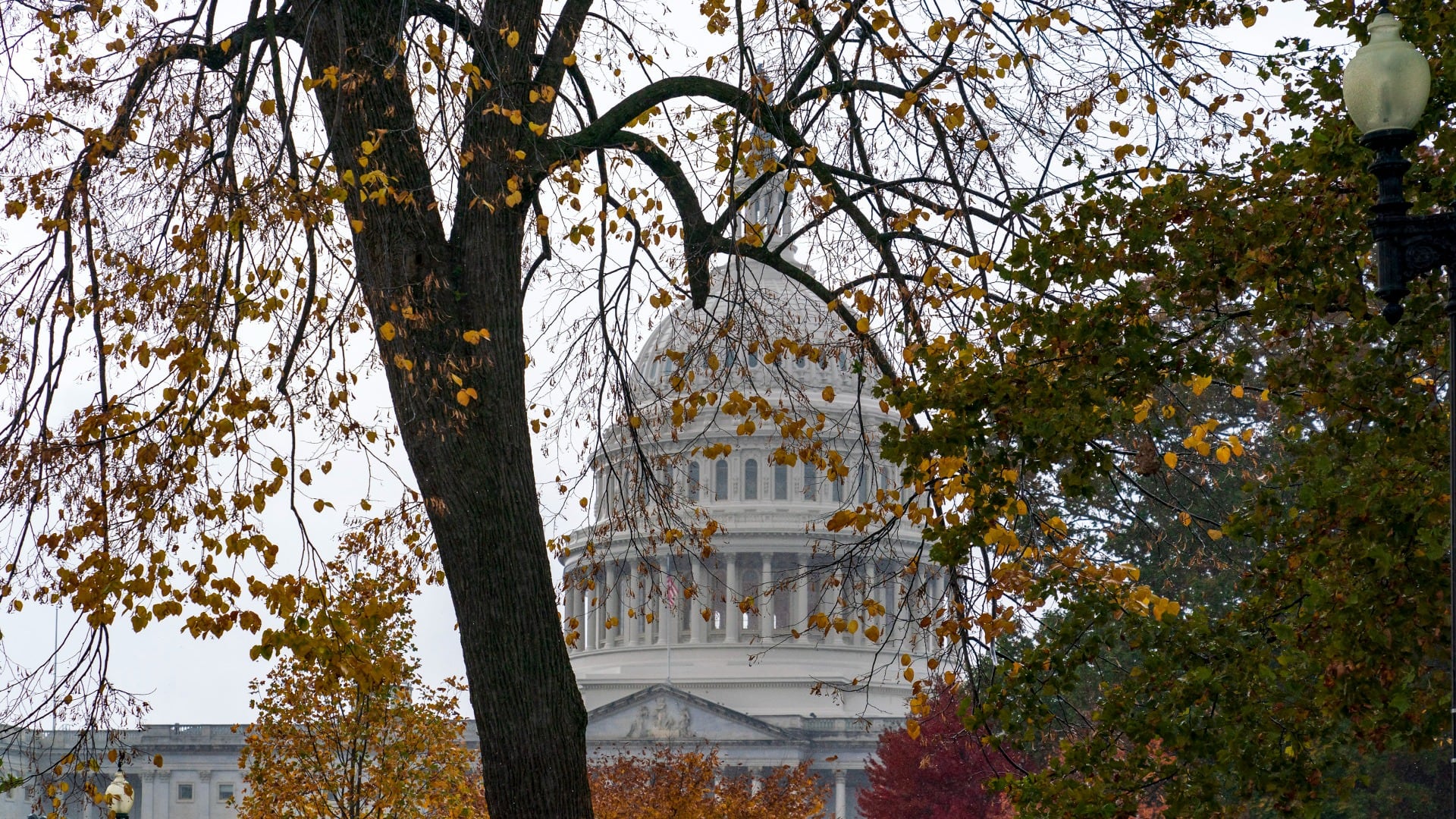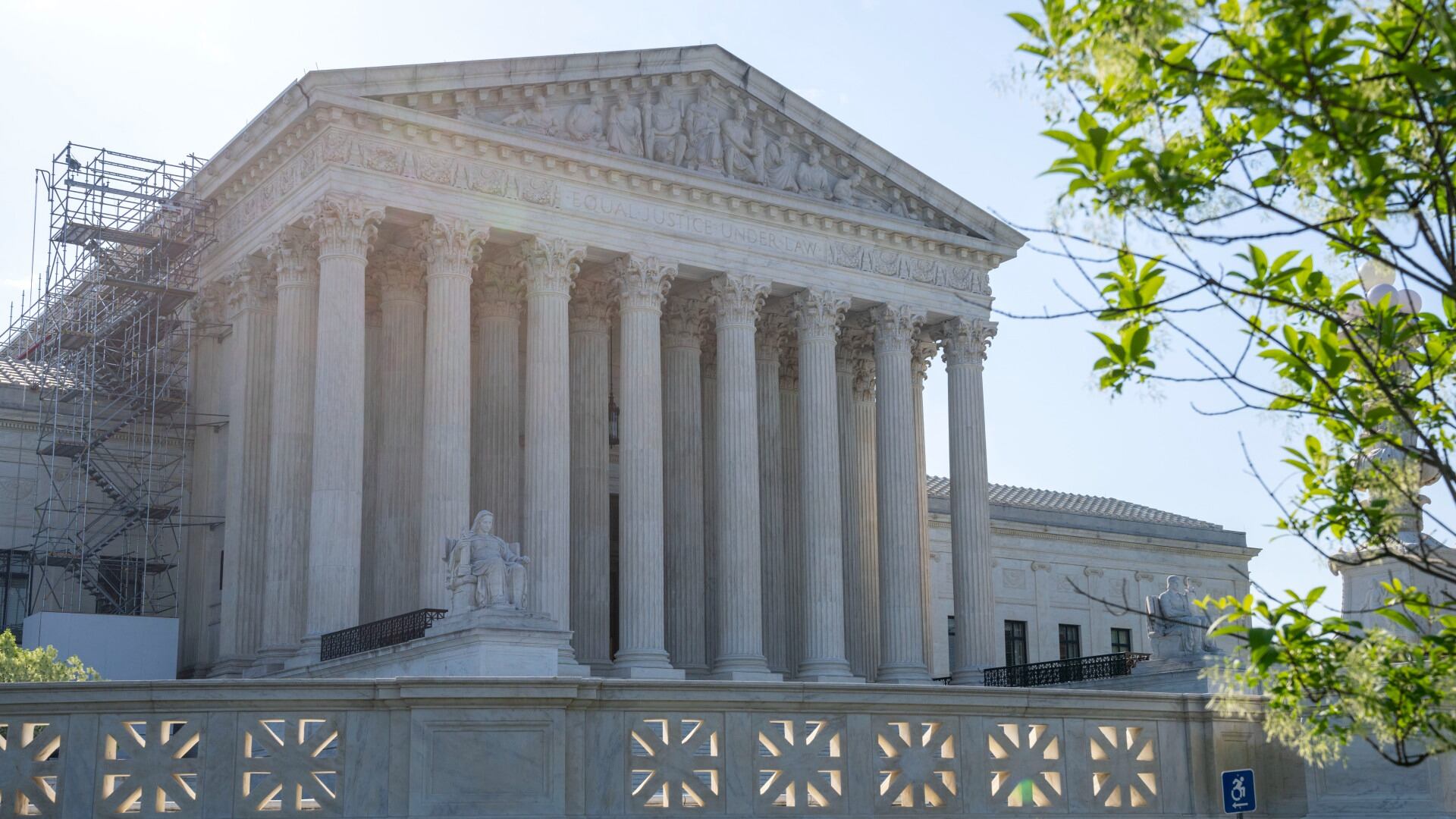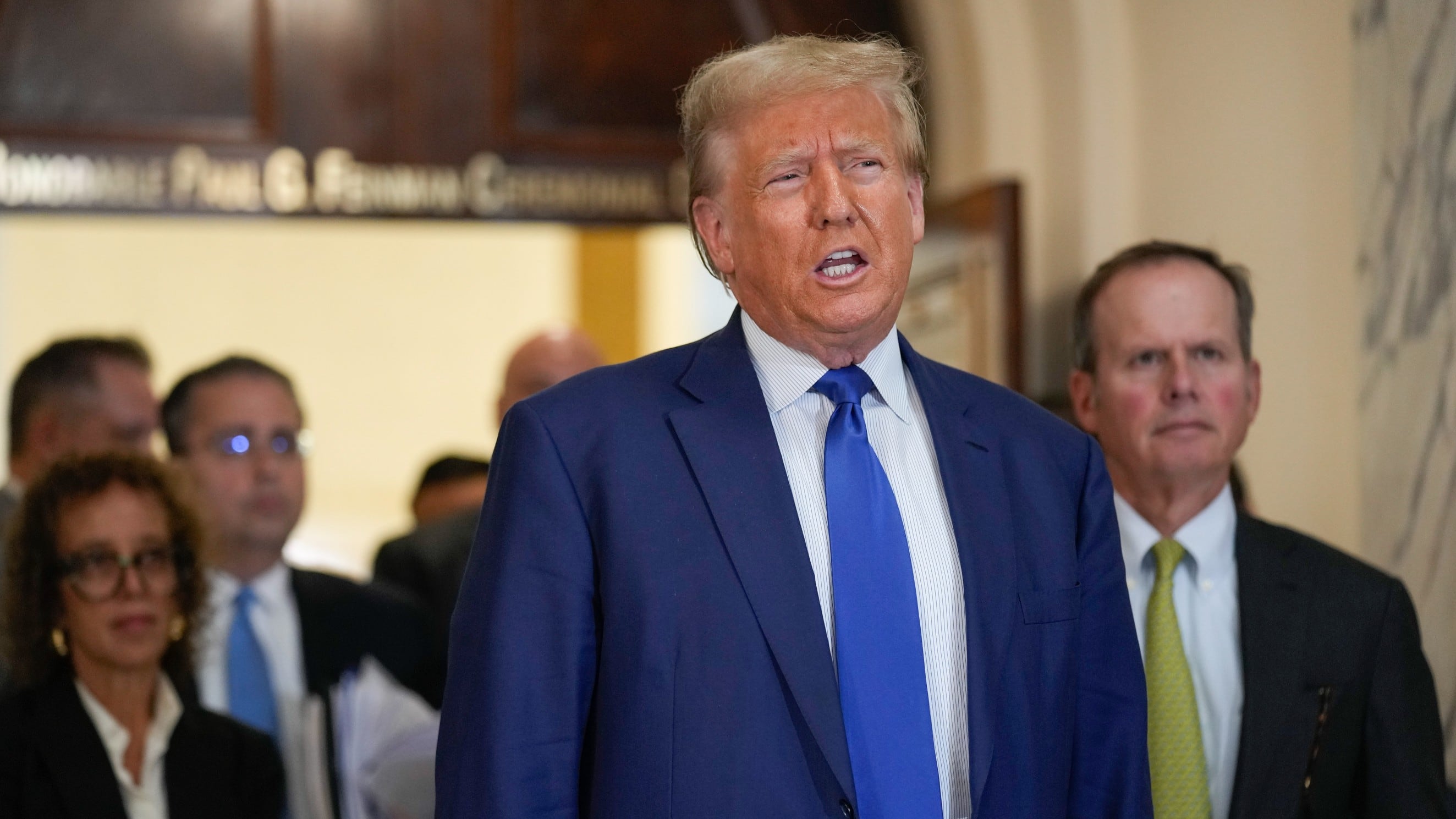The U.S. lost a stunning 22 million jobs in March and April at the beginning of the coronavirus pandemic, with only about half of those numbers returning in the following seven months. With weekly jobless claims remaining high, voters might want to know more about what former Vice President Joe Biden and President Donald Trump intend to do on the issue of labor.
Biden has pledged to do whatever it takes to help jobs recover through direct stimulus payments. His plan includes funding for state and local governments to keep essential workers on their payrolls and federal payouts to supplement state unemployment checks.
Meanwhile, Trump favors tax cuts and deregulation to stimulate the economy but concedes that another infusion of cash stimulus is likely needed. The president also extended federal unemployment benefits for six weeks after they were set to expire in July but at a lower rate of $300 a week, half the amount of the earlier benefit.
Both candidates support tax incentives for manufacturers to keep jobs at home. Biden even proposes tax penalties for those businesses that ship manufacturing jobs overseas with the intention of selling finished products back into the U.S.
Whoever wins the election in November faces a daunting task, with millions still out of work, consumer spending slowing down, and a resurgence in coronavirus cases adding to the economic woes.
Read More on Trump and Biden's Plans:
Trump vs. Biden on Raising the Federal Minimum Wage
Biden vs. Trump on Student Loans and Higher Education
The State Department said Tuesday that Russia rejected its proposed offer to release detained Americans Paul Whelan and Evan Gershkovich.
The Justice Department has announced war crime charges against four Russian nationals in connection with the invasion of Ukraine.
Iran said it sent a capsule that is capable of carrying animals into space.
The Senate has confirmed the promotions of hundreds of military officers after Republican Senator Tommy Tuberville dropped his months-long hold over the process.
Four candidates will face off tonight in the latest Republican presidential primary debate. Columnist and political analyst Jonathan Harris joined Cheddar News to break down tonight's event.
House Republicans are expected to vote next week to formalize the impeachment inquiry into President Joe Biden.
The Senate in a single stroke has approved about 425 military promotions after Sen. Tommy Tuberville of Alabama ended a monthslong blockade of nominations over a Pentagon abortion policy.
The presidents of three U.S. colleges and universities are testifying before a House Committee on their handling of anti-Semitic incidents after Hamas' attack in Israel in October.
The Supreme Court on Tuesday dismissed a case surrounding a Maine hotel that could have made it harder for people with disabilities to learn in advance whether a hotel's accommodations meet their needs.
Attorneys for former president Donald Trump missed their chance Monday to pause the gag order against their client in his civil fraud trial in New York.



